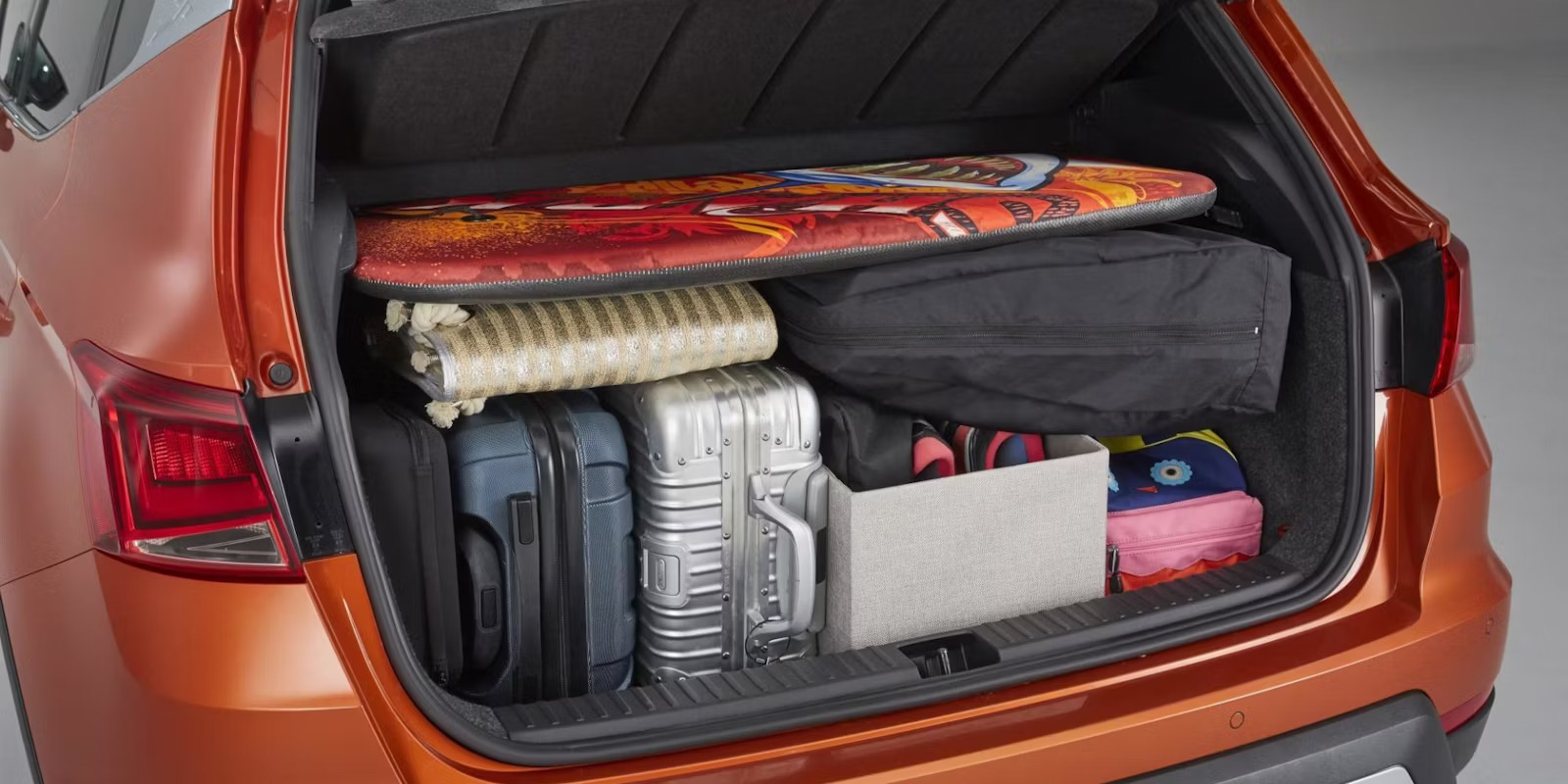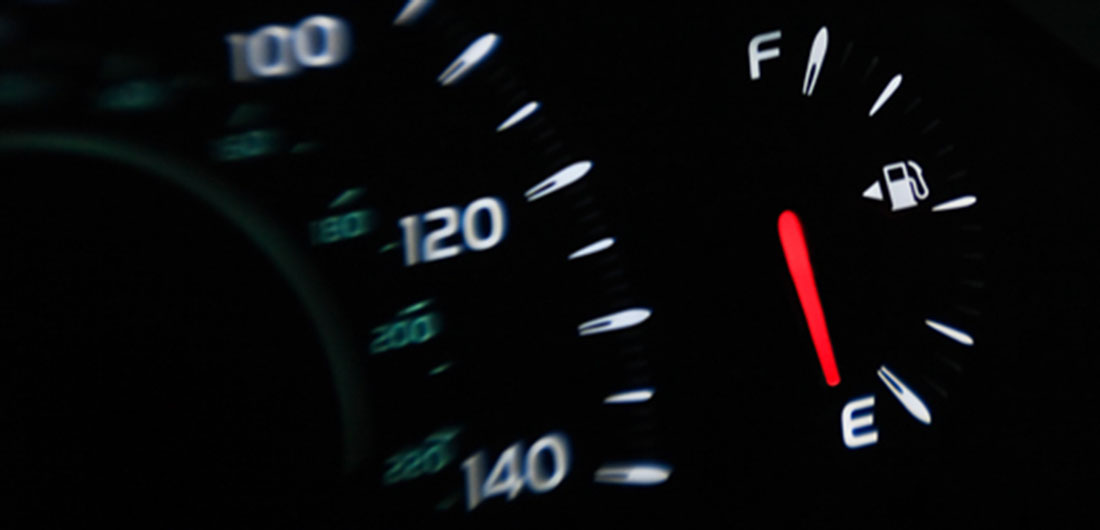Have you ever considered that your car’s frequent repairs might be due to your driving habits? While age and bad luck often take the blame, the real culprit could be closer than you think. Many drivers unknowingly adopt behaviors that damage their vehicles over time. Identifying these habits and making small changes can save you time, money, and the frustration of unexpected repairs.
A Look at Common Harmful Habits
From riding the brakes to ignoring dashboard warnings, small, everyday actions can have a big impact on your car’s health. Understanding these behaviors is the first step toward improving your driving habits. Let’s dive into the most damaging practices and learn how to break them for the sake of your vehicle’s longevity.

Overloading Your Vehicle
The Hidden Cost of Extra Weight
Overloading your car stresses its engine, suspension, and transmission, causing accelerated wear and tear. When the load exceeds the manufacturer’s recommended limit, the vehicle’s handling and braking ability also suffer. Fuel efficiency decreases, making your journeys more expensive. Lightening your load and adhering to weight limits not only prolongs your car’s life but also enhances safety and performance.
Ignoring Warning Lights
Dashboard Alarms: Not Just Decoration
Ignoring warning lights can lead to catastrophic damage. These alerts are designed to notify you of potential problems, ranging from engine issues to low oil pressure. Treating them as optional warnings risks turning minor faults into major repairs. Addressing warning lights promptly can save your vehicle from long-term damage and ensure smoother operations.
Riding the Brakes
Excessive Brake Use Can Backfire
Keeping your foot on the brake pedal constantly, especially in traffic or on slopes, leads to overheating. Over time, this habit warps rotors and prematurely wears out brake pads. The solution? Use engine braking where possible and avoid unnecessary pressure on the brakes to maintain their longevity.
Shifting Gears Improperly
Transmission Trouble in the Making
Improper gear shifting, like moving between reverse and drive without stopping, strains the transmission. Manual drivers often damage the gearbox by not fully engaging the clutch. These actions can lead to expensive repairs. Smooth, deliberate gear changes, and fully stopping before switching modes, can protect your transmission.

Driving on Low Fuel
The Dangers of Running on Empty
Running your car on a near-empty fuel tank can overheat the fuel pump, which relies on gasoline for cooling. This wear and tear lead to premature pump failure. To avoid costly repairs, maintain at least a quarter tank of fuel at all times.
Neglecting Regular Maintenance
Skipping Maintenance is Risky
Regular car maintenance is non-negotiable for longevity. Missing oil changes, tire rotations, or fluid checks can lead to severe problems, turning minor issues into costly repairs. Following the manufacturer’s maintenance schedule ensures your car runs smoothly and minimizes breakdown risks.
Revving the Engine
Cold Start Mistakes
Revving the engine to warm it up, particularly in cold weather, does more harm than good. This practice prevents oil from adequately lubricating engine parts, leading to increased friction and potential damage. Driving gently during the first few minutes is a far better alternative for warming up your car safely.
Small changes in your driving habits can make a big difference in your car’s health and longevity. By addressing common mistakes like overloading, improper gear shifting, and ignoring maintenance, you can reduce wear and tear and avoid costly repairs. Remember, a little care today can prevent significant issues tomorrow.

